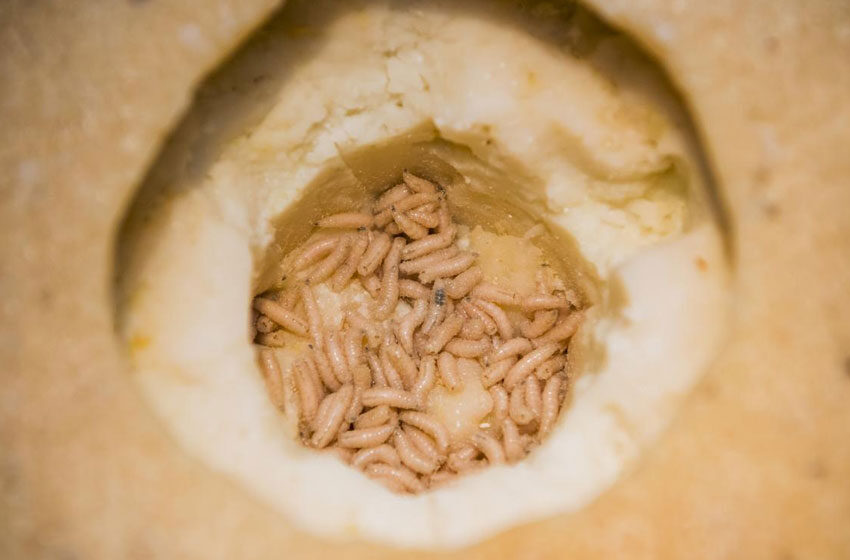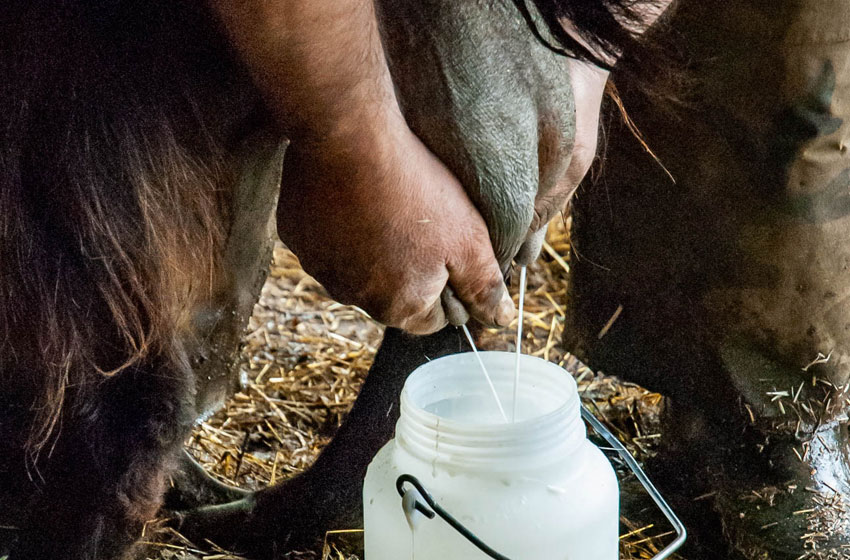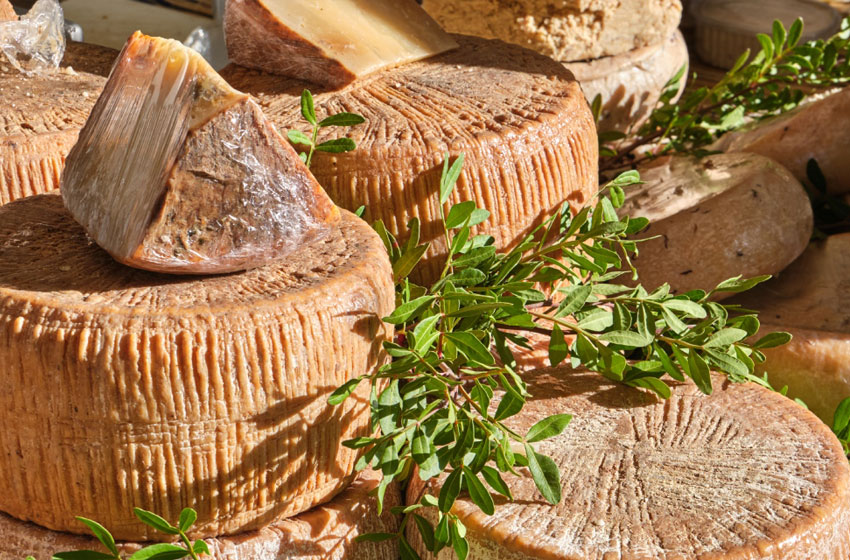Casu Marzu: The Most Dangerous Cheese in the World

Casu Marzu is regarded as the most dangerous cheese in the world by health experts, government health agencies, and even the Guinness Book of Records. But why so? What is so notorious about this cheese that many health experts frown at it? Well, there are several reasons depending on who you ask. But, on the flip side, some fans of this notorious cheese will argue that it is the best cheese in the world.
How much is it sold for?
As famous as Casu Marzu may be, no one can say for sure how much it is sold for. Although it is still traded in Italy and parts of the Mediterranean, there doesn’t seem to be a set price for it. Since it is banned in most parts of the world, it has been an illegal delicacy for decades and remains so.
For instance, in the EU, Casu Marzu is banned despite being a cultural delicacy of Sardinians and Corsicans. The EU ban has been in place for more than half a century, and this ban will not be lifted anytime soon. Pecorino, derived from sheep milk, serves as the base for Casu Marzo, and it will also interest you to know that the name of Casu Marzu in English is “The Rotten Cheese.”

Origin of the Ban
Casu Marzu has long been the famous delicacy of Sardinians and was widely consumed, but an Italian law banned it in 1962. Forty years later, EU regulators banned it all over Europe. To make matters worse for Casu Marzu fans, the EU enforced a regulation that made the sales and production of rotten cheese illegal across European common markets. In 2004, the Sardinians tried to apply for the revocation of the ban on Casu Marzu, but their application was denied. Despite the setback, advocates are hopeful that the ban will be revoked in the not-too-distant future under the new Novel Foods Rules.
Reasons for the Ban
The reasons put forward by regulators for the ban on Casu Marzu are down to the Larvae found in this deadly cheese. The Phiophila Casei Fly is the insect responsible for degrading the Sardinian Pecorino into Casu Marzu. The process through which it does this legitimises the argument behind the ban. How so?

Well, the fly eats and digests the Pecorino cheese. What is even more fascinating about Casu Marzu is that the larvae remain in the cheese and allows themselves to be consumed alive alongside the cheese. So, the presence of live Maggots in Casu Marzu was always going to attract regulatory bans sooner or later. While regulators regard the fly larvae as an infestation, fans of Casu Marzu encourage the infestation and consider it an integral aspect of making Casu Marzu. Their argument is simple; there can be no Casu Marzu without flies and maggots.
Despite the ban, Corsicans and Sardinians, known for their stubbornness, still continue to consume Casu Marzu. Although regulators cannot stop them from doing so, they have prevented them from exporting the deadly cheese outside the island.
Of course, maggot cheese is banned in Australia, so if you were looking to expand your taste horizons after reading this article, tough luck!





